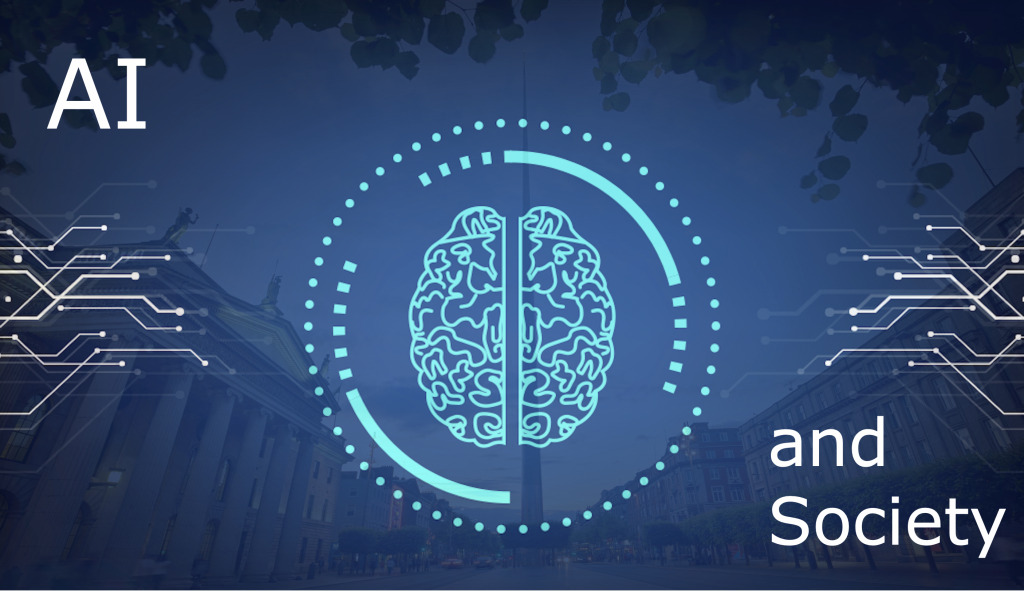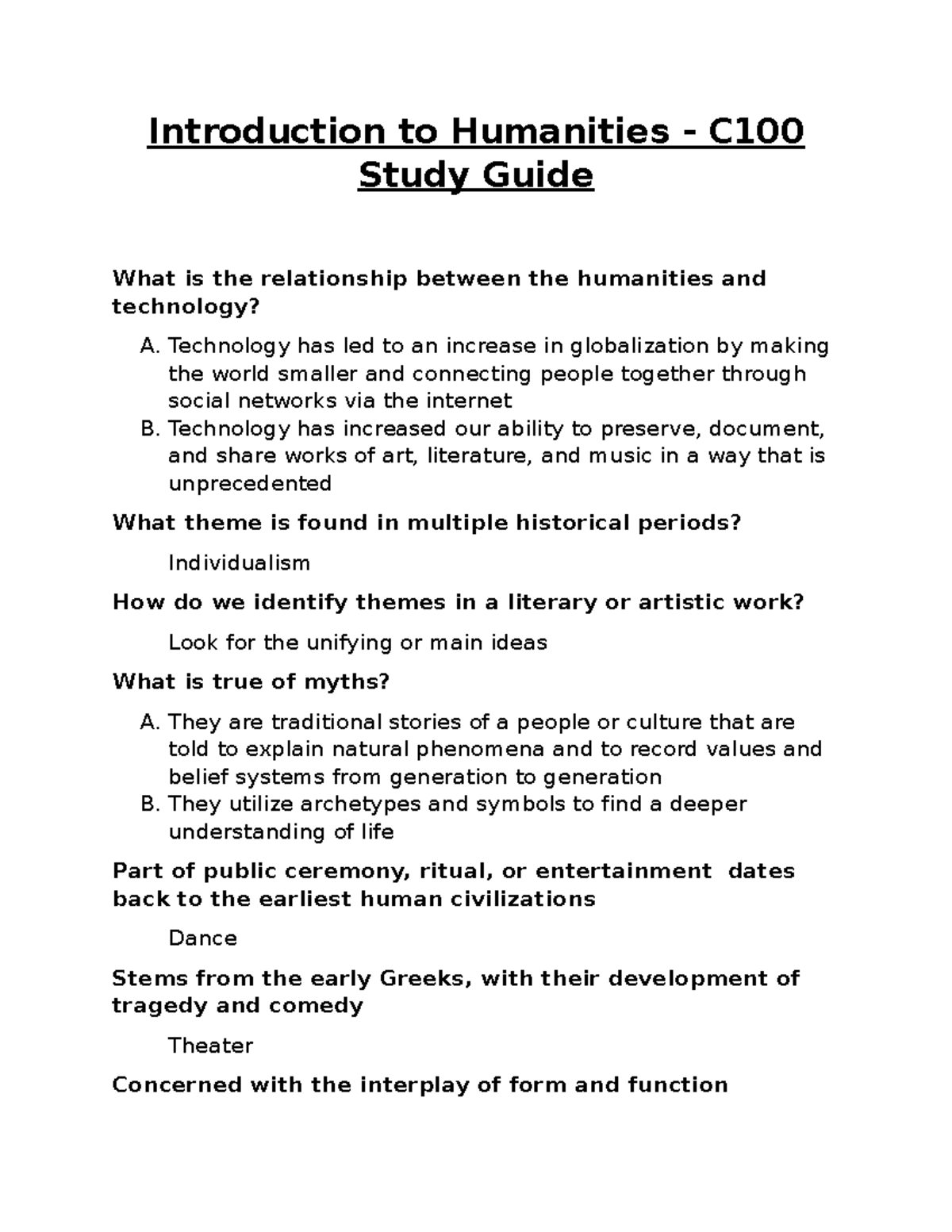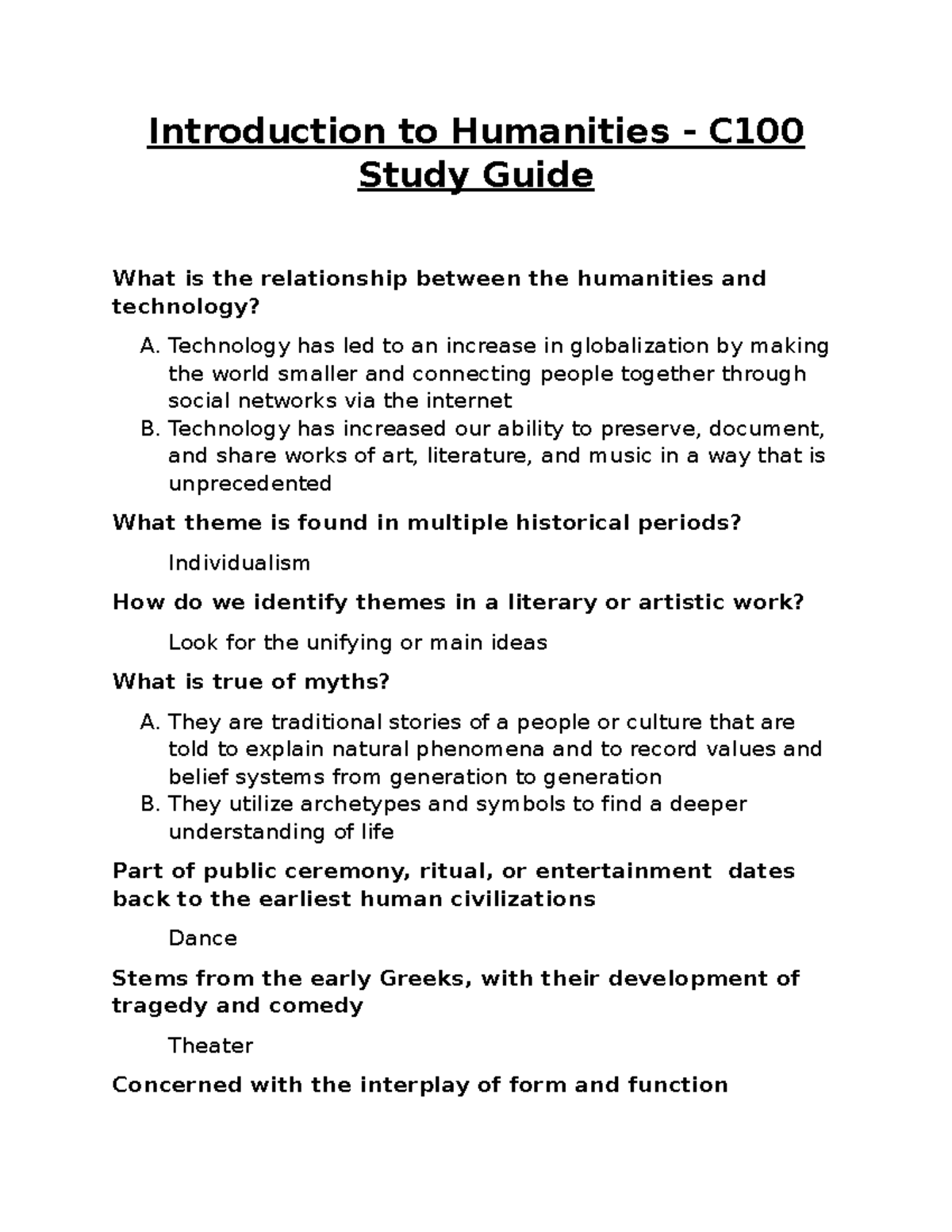The future of AI and social justice is a crucial area of discourse, as we navigate the rapidly evolving technological landscape while striving for equity and fairness. Ruha Benjamin, a prominent scholar in African American Studies, highlights the pressing need for AI ethics grounded in human values, emphasizing that the narratives crafted by technology leaders often prioritize self-interest over collective good. As we consider social justice in technology, it is essential to critically evaluate how AI systems may perpetuate oppression, rather than alleviate societal burdens. This engagement not only fosters critical inquiry but encourages creativity in envisioning solutions that transcend existing inequalities. By reimagining our relationship with technology, we can pave the way for innovative approaches that truly serve marginalized communities.
Exploring the intersection of artificial intelligence and principles of fairness, the potential that lies ahead compels us to rethink our societal structures. Benjamin’s insights remind us that as technology continues to advance, the ethical implications cannot be overlooked, particularly regarding how these systems impact vulnerable populations. The call for diversity in thought and action is pivotal, urging us to reconsider what it means to leverage technology for societal good. With an eye towards creativity and alternative futures, academic discussions must incorporate a variety of perspectives and disciplines. Ultimately, harnessing technology thoughtfully can lead to outcomes that enhance social equity, rather than deepen existing divides.
Understanding AI Ethics and Social Justice
AI ethics is an increasingly significant aspect of the conversation surrounding technology and its impact on society. As Ruha Benjamin emphasized in her Tanner Lectures, the framing of AI technologies as altruistic often masks the underlying self-interest of tech elites. This dynamic raises critical questions about accountability and the ethical implications of deploying AI in ways that may perpetuate existing social injustices. The intersection of AI and social justice requires a nuanced understanding that goes beyond technical proficiency, urging stakeholders to evaluate the moral ramifications of technology in our daily lives.
Moreover, AI ethics must incorporate the insights of various disciplines, including sociology, to consider how such technologies can either alleviate or exacerbate systemic inequality. Societal values should guide the development and implementation of AI applications, reflecting a commitment to human dignity and equity. Engaging in discussions about social justice in technology is paramount to ensuring that innovative solutions contribute positively to our communities, rather than exacerbating fears and mistrust.
The Role of Creativity in AI Development
In her lectures, Ruha Benjamin urged for a renewed focus on creativity within the narrative of AI development. She called for an integration of arts and humanities into the technological discourse, highlighting that a solely math-driven approach often lacks the social context necessary for ethical decision-making. Creativity plays a crucial role in envisioning alternative futures where technology adapts to human needs rather than dictating them. This shift can facilitate a deeper understanding of how AI can positively impact society, fostering innovation that aligns with core human values.
Encouraging creativity in AI development not only promotes solutions that prioritize social good but also challenges the prevailing notion that technical know-how is exclusive to a select group. By incorporating diverse perspectives—especially from marginalized communities—into the design and implementation of AI technologies, we can build frameworks that reflect broader societal interests. The arts empower us to reimagine the potential of technology, suggesting possibilities that transcend the status quo and fostering an inclusive dialogue about the future of humanity.
Imagining a Future Beyond AI Apocalypses
Ruha Benjamin’s insights present an opportunity to imagine a future that transcends the dystopian paradigms often associated with AI technology. Her critique of tech billionaires preparing for apocalyptic scenarios highlights a significant disconnect between elite interests and societal well-being. Imagine a world not dominated by the fear of AI but rather characterized by collective creativity and mutual support. Such a vision demands the courage to rethink our priorities as a global community, emphasizing public goods and social welfare over isolation and self-preservation.
Furthermore, envisioning this alternate future requires dismantling ingrained perceptions that prioritize technological advancements over the essential needs of communities. By shifting from a narrative centered on survival to one rooted in collective flourishing, we can foster innovations that genuinely serve humanity. This endeavor implicates a reexamination of policies, funding, and educational structures to ensure they are designed with equity in mind, allowing future developments in AI to reflect broader human values.
Challenges in AI Policy and Implementation
Navigating the challenges of AI policy demands a comprehensive understanding of social justice and technology. Benjamin’s lecture points to the complexities of AI technologies that claim to operate on objective algorithms but often embed historical biases. Policymakers must adopt an ethical framework that prioritizes the welfare of the most vulnerable while also being vigilant against the negative implications of unchecked technological advancement. This necessitates the collaboration of technologists, ethicists, and community advocates to foster policies that promote fairness and promote human flourishing.
Moreover, the implementation of AI in critical sectors such as healthcare requires careful consideration of who designs these systems and whose voices are included in the conversation. Benjamin highlights tragedies like misapplied facial recognition technology as cautionary tales, illustrating the profound implications of failing to prioritize social justice in AI systems. The proactive integration of community insights into policy formation can serve as a bulwark against the potential pitfalls of technology, ensuring that innovation aligns with humanitarian ideals rather than economic interests.
Fostering Inclusive Discussions on AI and Society
Benjamin’s commitment to inclusive discussions surrounding AI and social justice underscores the importance of diverse voices in shaping the future of technology. The narrative surrounding AI development often omits critical perspectives from underrepresented groups who will ultimately be affected most by these technologies. By fostering collaborative dialogues involving various stakeholders from the arts, sciences, and community organizations, we can cultivate a robust discourse that prioritizes equity and empowers collective decision-making.
Creating spaces for these conversations also involves grappling with the historical context of technological advancements and their implications for marginalized communities. Recognizing the legacy of eugenics in contemporary AI systems can reveal the need to seek out innovative frameworks that promote social justice, morality, and human values. Only by inclusively addressing these historical injustices can we ensure that future technological solutions align with an ethical vision of society. Advocating for access and representation in these debates is key to shaping AI’s trajectory towards a more just and equitable future.
The Ethical Implications of AI-Driven Decision Making
The ethical implications of AI-driven decision-making are becoming clearer as society evaluates the ramifications of technologies designed without considering human values. Benjamin contends that while AI developers may frame their technologies as neutral, the underlying algorithms reflect patterns that can reinforce oppression. Decision-making powered by AI should not reduce individuals to mere data points but should instead reflect a nuanced understanding of societal dynamics. A commitment to ethics must inform every stage of AI development, ensuring that the benefits of technology are equitably distributed and do not perpetuate existing inequalities.
Incorporating an ethical lens into AI decision-making involves not only understanding its impact on marginalized communities but actively dismantling barriers that contribute to injustice. This may include advocating for transparent algorithmic processes and establishing accountability structures for tech developers. By centering ethical considerations within the discourse, stakeholders can work towards ensuring that AI serves humanity’s collective good, promoting solutions that align with ideals of justice and equity in technology. Such a multifaceted approach can ultimately reshape the perception of AI from a tool of oppression to a means of empowerment.
Reimagining Public Goods in the Age of AI
Reimagining public goods in the era of AI technology presents an unprecedented opportunity to align technological advancements with community needs. Ruha Benjamin’s critique of contemporary tech narratives illustrates the often misguided priorities that favor profit-driven innovation over basic human necessities such as affordable housing and accessible healthcare. Advocating for a paradigm where public goods are central to policy discussions can refocus efforts towards building equitable social infrastructures that benefit everyone, especially marginalized populations.
Moreover, the integration of AI into public services provides an avenue to enhance efficiencies while ensuring that they serve the common good. This requires a holistic understanding of both the potential and limitations of technology, urging policymakers and technologists to collaborate on inclusive strategies that amplify citizen voices. By prioritizing the community’s needs, we can develop an AI framework that not only improves public services but also fosters social justice and shared prosperity.
Rethinking the Narrative: AI, Hope, and Human Values
Rethinking the narrative surrounding AI invites society to recognize the potential for hope and innovation rather than succumbing to dystopian fears. Benjamin’s vision of a future rooted in creativity and collaboration challenges the tech industry to address the realities of systemic oppression. By prioritizing human values in the development of technology, we can foster a culture of innovation that focuses on uplifting all members of society rather than perpetuating disenfranchisement.
Such a shift in perspective encourages us to embrace a mindset that seeks not only incremental improvements in technology but transformational changes that foster inclusivity. This entails redefining what constitutes progress, moving away from a purely technical lens to one that appreciates the multifaceted impacts of technology on human life. Emphasizing creative thinking and social responsibility can empower individuals and communities to envision a more just and equitable future, embracing the possibilities that lie ahead.
The Importance of Interdisciplinary Approaches to AI
Adopting interdisciplinary approaches to AI development is essential in creating technologies that reflect diverse human values. Ruha Benjamin argues that the technological solutions of the future must be informed by a rich interplay between technical expertise and social sciences. The complexities of AI systems require the input not only of engineers but also of ethicists, sociologists, and community advocates who can bring a wealth of perspectives to the table. This collaborative structure can enhance our comprehension of AI’s societal roles and mitigate the risks associated with biased algorithmic processes.
Furthermore, interdisciplinary collaboration can foster innovation that addresses pressing societal issues, such as healthcare disparities and systemic racism. By integrating knowledge across fields, we can generate AI solutions that prioritize equity and social responsibility. Encouraging diverse voices in the technological landscape will help ensure we build systems that reflect the richness of human experience, allowing for a more compassionate and equitable future. This comprehensive approach reinforces the need to approach technology from a human-centered perspective.
Frequently Asked Questions
What is the future of AI and social justice according to Ruha Benjamin?
Ruha Benjamin emphasizes that the future of AI and social justice should be envisioned without fear, advocating for radical changes that prioritize human values over tech-driven narratives. She critiques the self-serving interests of tech elites and pushes for imaginative solutions that address societal issues rather than exacerbate them.
How does AI ethics impact social justice in technology?
AI ethics plays a crucial role in promoting social justice in technology by guiding the development and deployment of AI systems that prioritize fairness, accountability, and transparency. By integrating ethical considerations into AI, we can mitigate biases that disproportionately affect marginalized communities and foster inclusive technological advancements.
What does Ruha Benjamin say about the relationship between AI and marginalized groups?
Ruha Benjamin argues that the future of AI and social justice must confront the historical oppression faced by marginalized communities. She points out that AI technologies, often marketed as neutral, can perpetuate the same injustices experienced in past social movements, thus emphasizing the need for human-centered design in tech development.
How can creativity play a role in shaping a more just future for AI?
Creativity is essential for reimagining the future of AI and social justice. Ruha Benjamin advocates for interdisciplinary approaches that incorporate arts and humanities to envision tech solutions that are inclusive and respectful of diverse human experiences, moving beyond current oppressive frameworks.
What are some challenges of AI in relation to social justice as highlighted by Ruha Benjamin?
Ruha Benjamin highlights significant challenges posed by AI in relation to social justice, such as the reliance on algorithms that can enforce discrimination and inequity, exemplified by harmful applications like biased facial recognition software and automated healthcare triage systems.
Why is it important to involve diverse voices in discussions about AI and social justice?
Involving diverse voices in discussions about AI and social justice is vital as it ensures that a variety of perspectives shape technological development. Ruha Benjamin calls for engagement from those who understand societal nuances, which can lead to more equitable tech solutions that genuinely serve the collective good.
What role do human values play in the future of AI according to Ruha Benjamin?
Human values are central to the future of AI, according to Ruha Benjamin. She insists that without grounding AI development in values such as equity, compassion, and justice, technologies designed for societal improvement risk reinforcing existing inequalities and injustices.
How should we reimagine AI to align with social justice goals?
To align AI with social justice goals, we should reimagine these technologies to prioritize public welfare, dismantle oppressive systems, and create solutions that foster community well-being. Ruha Benjamin urges us to think creatively and critically about what a just technological future could look like without restrictive mental barriers.
| Key Points | Details |
|---|---|
| AI and Altruism | Ruha Benjamin warns that tech elites’ visions for AI futures, often portrayed as altruistic, are primarily self-serving. |
| Tech and Trust | Trusting billionaires with societal wellbeing is misguided; their priorities may focus on self-preservation. |
| AI’s Ethical Implications | AI technologies can perpetuate oppression, evident in biased facial recognition and healthcare triage systems. |
| Math vs. Emotion | Math-based decisions in AI risk repeating historical injustices against marginalized communities. |
| Innovations vs. Public Goods | Society values existential tech innovations over essential public goods, such as public transport and housing. |
| Need for Diverse Knowledge | The development of tech solutions must include diverse perspectives beyond technical expertise. |
| Creative Inquiry | Benjamin urges a focus on creativity and imagination in addressing societal challenges through the arts and humanities. |
| Reimagining Systems | Challenge the status quo by envisioning a world beyond current societal constraints and systems. |
Summary
The Future of AI and Social Justice hinges on a critical examination of who shapes the narrative around technology. Ruha Benjamin emphasizes the importance of questioning self-serving motives behind AI advancements and advocating for inclusive visions that prioritize human wellbeing over profit. By engaging diverse perspectives, particularly through the arts and humanities, we can reimagine better systems that dismantle existing inequalities. As we look towards the future, the call for creativity and critical thinking in our approach to AI can pave the way for a more just and equitable society.


